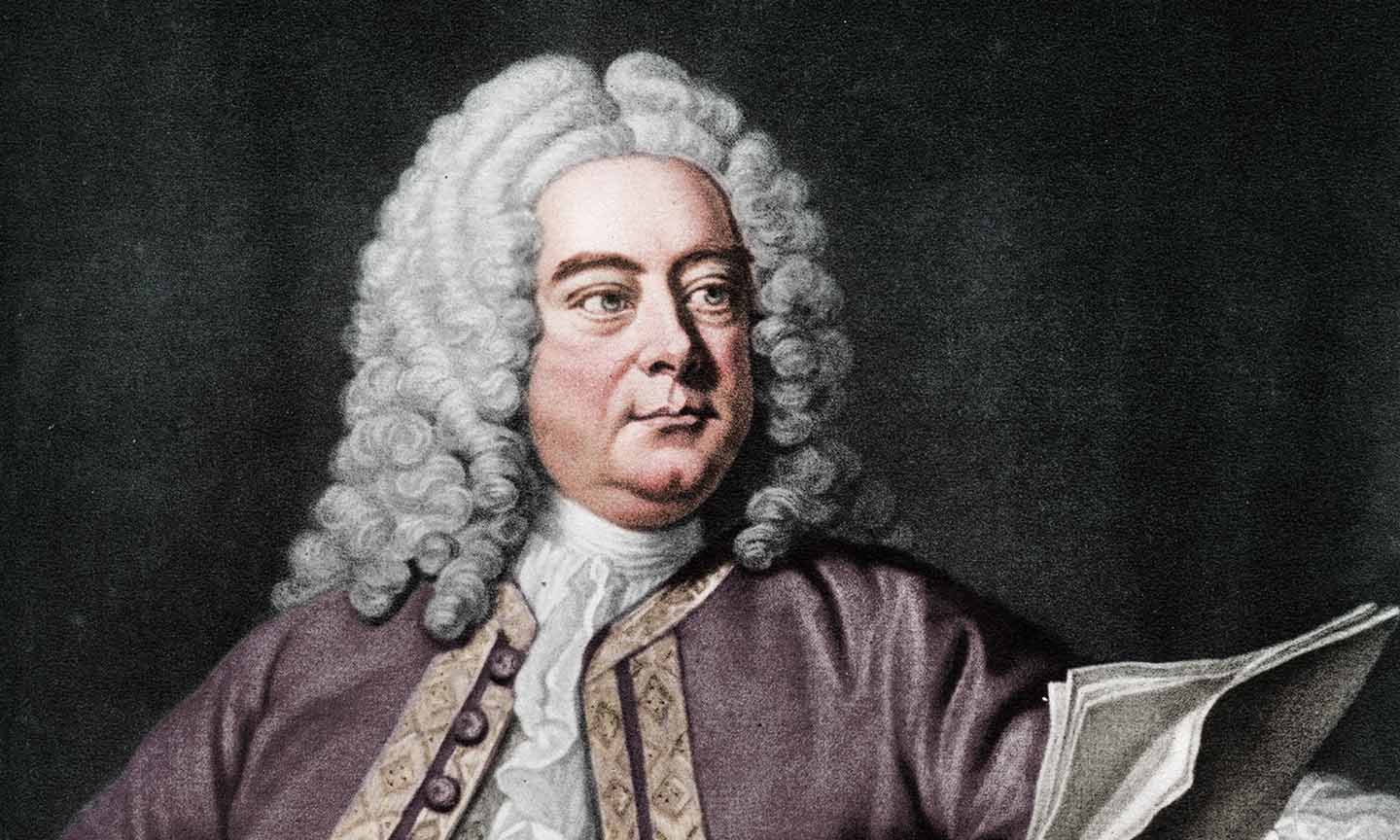Georg Friedrich Händel, one of the most celebrated composers of the Baroque era, is best known for his operas, oratorios, and concertos. His music has left an indelible mark on the world of classical music, but beyond his compositions, Händel’s life was filled with interesting anecdotes and lesser-known facts. Here are five curiosities about this remarkable composer:
1. A Duel That Could Have Changed Music History
In 1704, Händel was involved in a duel with fellow composer Johann Mattheson, who was both a friend and a rival. The incident occurred after a disagreement during a performance in Hamburg. The duel took place with swords, and at one point, Mattheson’s blade reportedly struck Händel’s chest, but it was miraculously stopped by a button on Händel’s coat, preventing what could have been a fatal injury. This near-miss allowed Händel to continue his career, eventually becoming one of the most influential composers in history.
2. The Incredible Success of Messiah
Händel’s oratorio Messiah is one of his most famous works, particularly the “Hallelujah” chorus. However, when it was first performed in Dublin in 1742, it wasn’t originally intended to be a religious piece. Händel had composed it for a benefit performance to aid charities in Dublin, and the first performance was a resounding success. Interestingly, women were asked to wear dresses without hoops to make room for more attendees, and the resulting funds helped free 142 men from debtor’s prison.
3. A Tale of Two Nations: British and German Roots
Though Händel was born in Halle, Germany, in 1685, he spent a significant portion of his life in England, eventually becoming a naturalized British citizen in 1727. His integration into British society was so complete that many consider him to be a quintessentially British composer. Despite his German roots, he was favored by the English monarchy, and his music became deeply intertwined with British culture, particularly through works like the Water Music and Music for the Royal Fireworks, which were composed for royal events.
4. A Lavish Lifestyle and Financial Savvy
Händel was not only a musical genius but also a shrewd businessman. He was one of the first composers to achieve financial success through his music during his lifetime. Händel invested wisely, particularly in the stock market, and accumulated considerable wealth. By the time of his death in 1759, Händel was a wealthy man, leaving behind a significant fortune. His financial acumen allowed him to live a luxurious lifestyle, with a large house in London and a fine collection of art.
5. The Composer Who Went Blind
In his later years, Händel suffered from cataracts and eventually became completely blind. Despite this, he continued to compose and perform, relying on assistants to help him write down his music. His resilience in the face of this challenge is inspiring, and his final years were marked by a remarkable determination to continue his craft. Even after losing his sight, Händel’s creative output remained prolific, and he continued to conduct performances of his works until just days before his death.
Georg Friedrich Händel’s life was as vibrant and dramatic as his music. These curiosities offer a glimpse into the man behind the masterpieces, revealing his extraordinary talent, resilience, and impact on the world of music. His legacy continues to resonate, with his compositions still performed and celebrated around the globe today.


Comments are closed